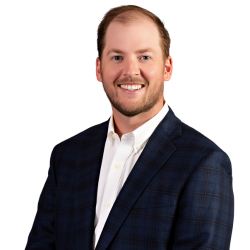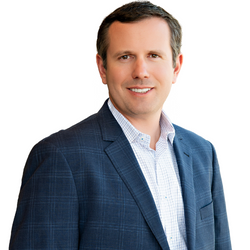DIFFERENTIATING ESTATE PLANNING TOOL
The Legacy Farmland Fund is unique in its ability to maximize estate assets and preserve the family legacy. It offers an improved means of control for landowners who are ready to take a more passive role in their asset yet still benefit financially. The structure of the Fund is a 721 Exchange of the asset for an interest in the LLC partnership. This financial structure converts an illiquid farmland asset into flexible Fund Units that then provide for individual liquidity, transferability and gifting.
This strategic, tax-advantaged divestiture option maximizes the after-tax present value of a divestment. Contributions are generally tax deferred which means the value of the contribution is often greater than if the asset were sold and the after-tax proceeds were reinvested.
ASSET DIVERSIFICATION
Once the hard asset is converted into Fund Units, it is now part of a professionally managed portfolio of pooled farmland assets throughout the United States . This immediate diversification insulates against indirect factors and expenses that are often outside of an individual landowner’s control. Ownership in the portfolio of assets also produces additional potential revenue sources – like wind, solar, wetlands, easements, mineral rights, etc.
MISSION TO PRESERVE AND PROTECT
At Sower, our mission is to keep land in crop production and as often as possible facilitate a Contributor’s tie to the land. We are committed to preserving local producer relationships and as such we offer continued landowner control through restrictions on the sale of the asset, as well as optional lease back and repurchase rights.
INCORPORATE LEGACY IN YOUR CLIENT’S FINANCIAL PLANNING OPTIONS
Estate Planning Professionals and Farmland Advisors can benefit by providing the Legacy Farmland Fund option to their clients to maximize the asset’s impact on current and future generations. Completing a 721 Exchange into the Fund is simple. The Legacy Farmland team works closely with farmland owners and their advisors to collect and analyze property and owner information, help determine if a 721 Exchange is feasible and appropriate, and then guide the exchange process through to closing.
















